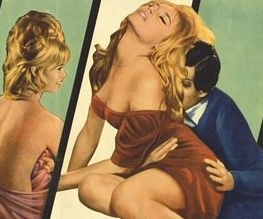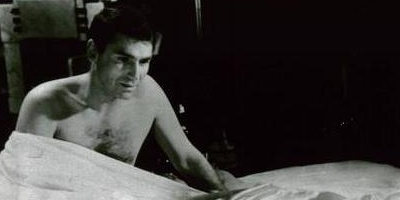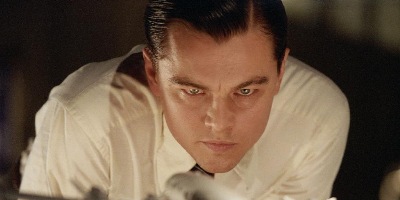Love on a Pillow

Brigitte Bardot, like her American contemporary Marilyn Monroe, was regarded not so much as an actress in her heyday but more so a sexual phenomenon. She was a symbol of a new, aggressive, female sexuality borne out of both the reappraisal of gender roles in post-war Europe and the frankness with which the post-Elvis generation could discuss carnal matters. On one level she was a sign of a new female empowerment, unashamedly forthright and independent (Simone de Beauvoir hailed her as “the most liberated woman in France” in 1959). On the other, she accepted and indeed encouraged her own objectification and revelled in her role as a masturbation fantasy for the world’s men.
Nowadays, of course she and Monroe are remembered quite differently. The American starlet’s barbiturate overdose in 1962 has helped her reach a sort of sainthood in some sections – the ultimate tortured celeb’, the benchmark for tragic fame and tarnished beauty. Bardot, through her marriage to an ex-Front National advisor and her occasional press outbursts regarding immigration, has become an unpopular icon of the European right. Yet both women helped herald in a new era of brazen sexuality which would lead to the show-us-yer tits school of female empowerment that we currently enjoy/ endure (delete based on your personal feelings).
They both also made movies and, occasionally, good ones. Bardot’s catalogue is notoriously spotty – for every ground-breaking And God Created Woman there is 3 or 4 Doctor at Seas; for every challenging Contempt, umpteen Marina the Girl in the Bikinis.
Love on a Pillow sits somewhere between the two. A self consciously provocative romance, it tells the story of Genevieve (Bardot) a young upper class French woman living a protected, sterile life in Paris. During a trip to Dijon to settle an inheritance, she happens to stumble into the wrong hotel room where she finds handsome Renaud (Hossein) dying from a suicidal overdose of sleeping pills. Genevieve calls an ambulance just in time and saves Renaud from self-prescribed death. Renaud, a caustic, intelligent, wild and witty alcoholic, represents all that Genevieve has never experienced in her white bread existence and soon she is drawn into his passionate though self-destructive world. The two begin a torrid love affair that sees Genevieve pulled away from her family and both lovers hurtle towards potential oblivion.
Directed by Bardot’s then husband Roger Vadim (who also made And God Created Woman) Love on a Pillow is, at its strongest points, a skillfully made piece of work. Vadim, a hugely charismatic force behind the camera, paints the Paris of the early sixties with tremendous flourish and allows the film to wander into some agreeably murky emotional territory. Renaud’s grim though thrilling world view has freed Genevieve, sexually, emotionally and intellectually, yet this liberation also makes her free to be hurt, to be manipulated, even to be destroyed. Hossein cuts a suitably rogue-ish figure, possessed with an intoxicating, ruthless lust for carnality and debauchery.
The central problem with Love on a Pillow (aside from that abysmal title; the direct French translation Warrior’s Rest would have been much better) lies, unfortunately, with its leading lady. Though unquestionably, almost inhumanly beautiful, Bardot is a bizarrely awkward presence on screen. While the film insists upon the absolute, end-of-the-world passion that is passing between the two young lovers, little or nothing in Bardot’s performance confirms it. Her delivery during the blazing rows is clunky and unconvincing; her physicality during the blazing love zombie-ish. Early on in proceedings when she tells Renaud that she cannot believe how much she has changed in the ten days since they met, we find ourselves nodding along in agreement, having seen nothing in her performance to evidence the notion.
Which does not make Love on a Pillow a bad movie, just a deeply flawed one. In fact, like Bardot herself, it is now most interesting when viewed as an artefact from an interesting, turbulent period of change in both French cinema and society rather than a gripping tale of bad romance.








Recent Comments